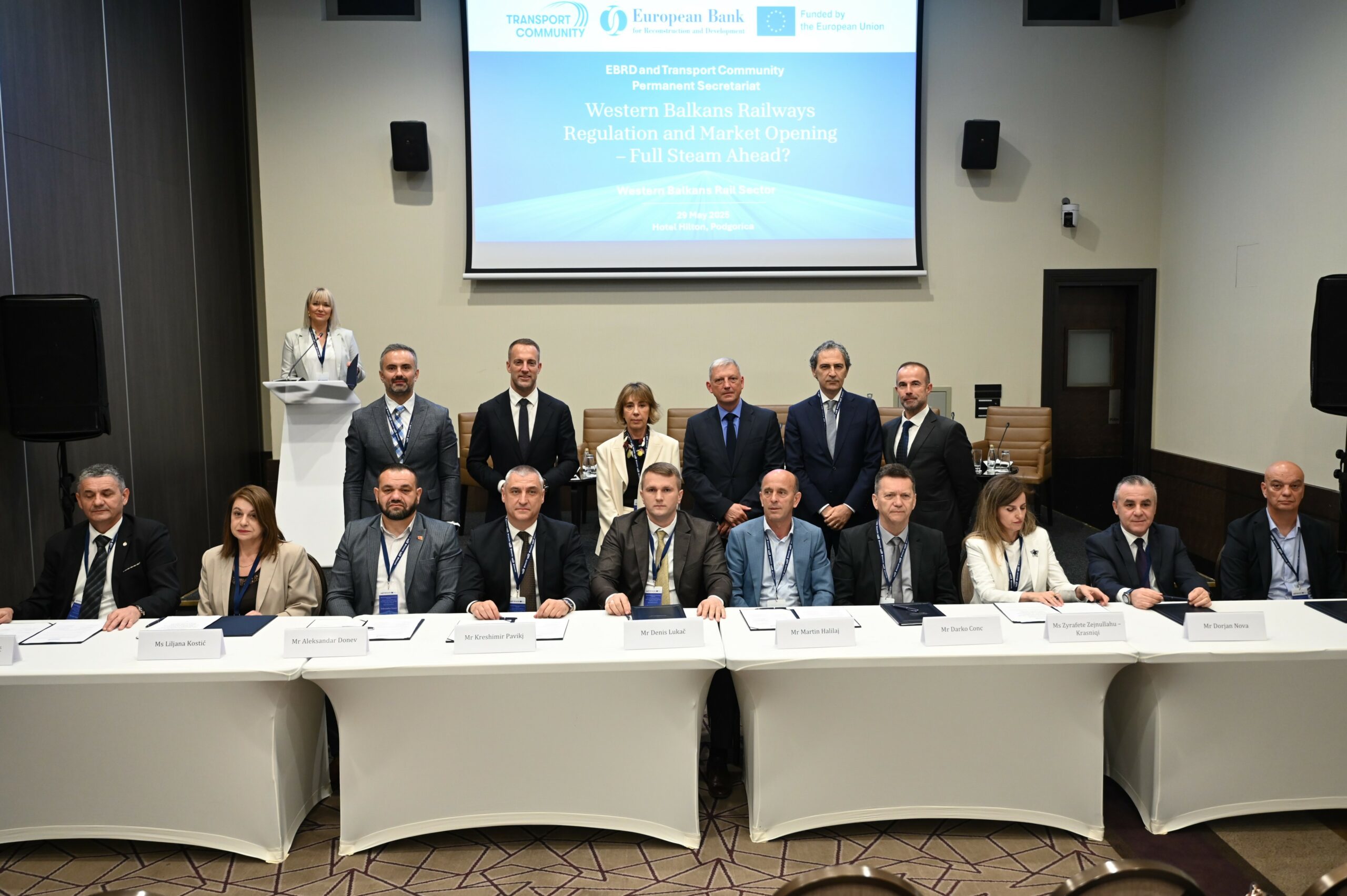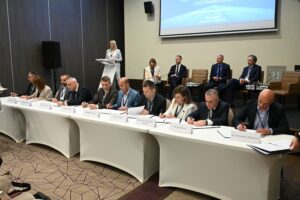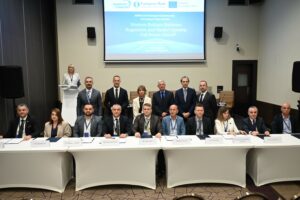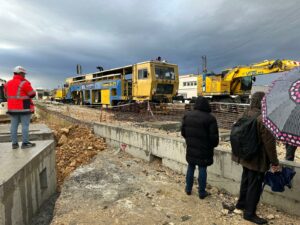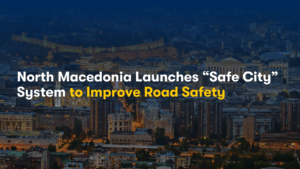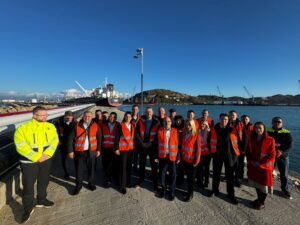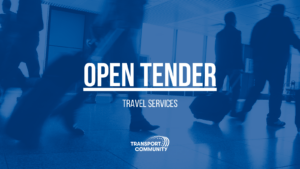PODGORICA – The European Bank for Reconstruction and Development (EBRD) and the Permanent Secretariat of the Transport Community organised the Western Balkans Rail Sector Policy Conference in Podgorica on 29 May 2025. The event, which was organised with the EU support, brought together rail regulatory bodies, transport ministries, operators, infrastructure managers, international financial institutions, and EU representatives to advance the region’s rail transformation.
The conference’s highlight was the signing of a Memorandum of Understanding (MoU) establishing the Western Balkans Regional Network of Safety Authorities, Investigation Bodies, and Railway Regulatory Bodies – an initiative set to improve safety, strengthen economic governance and oversight, and foster cooperation across the region’s rail sector.
The signatories of the MoU include rail institutions from Albania, Bosnia and Herzegovina, Kosovo*, Montenegro, North Macedonia, and Serbia, with observers from Georgia, the Republic of Moldova, and Ukraine. This is the first-ever formal regional network dedicated to rail safety and regulation in the Western Balkans.
The newly established Network aims to strengthen regional cooperation in railway safety, accident investigation, and market regulation, exchange knowledge, experience, and best practices among authorities, develop shared methodologies for investigating rail incidents and regulating the sector, promote the functional independence and capacity of national regulatory and investigative bodies, and ensure alignment with EU standards and practices, working closely with institutions such as the European Union Agency for Railways (ERA) and the Independent Regulators’ Group – Rail (IRG-Rail).
The creation of the Network also supports the extension of the Trans-European Transport Network (TEN-T) in the Western Balkans, Georgia, the Republic of Moldova, and Ukraine. By aligning regulatory framework with EU standards, the Network will ensure that railways across the region function in the same way as those in the European Union. Developing interoperable, high-quality rail infrastructure along the TEN-T corridors, including the Western Balkans–Eastern Mediterranean Corridor, will strengthen the governance and capacity of national rail bodies to accelerate the integration of the Western Balkans and observing participants into the European Union’s transport market.
The Network will serve as a platform for continuous dialogue and cooperation. It will convene at least twice per year, with the possibility to establish technical subgroups to address key topics such as safety standards, accident reporting, and the opening of the rail market.
“By fostering cooperation among national regulators and aligning with EU standards, this regional network lays the groundwork for stronger institutions and sound investments. We are pleased to support this initiative, which is consistent with our focus on developing competitive and sustainable railways networks in the Western Balkans,” underlined Mr Matteo Colangeli, EBRD’s Regional Director Head of Western Balkans.
Head of EU Cooperation in Montenegro, Mr Yngve Engstroem said: “Competitive railways transport is the foundation for economic development, connectivity, and European cooperation. Therefore, by investing in the development of railways infrastructure in Western Balkans, the European Union wants to support economic prosperity and connectivity with EU member states. The European Union is actively supporting the transport sector turnaround towards more green and sustainable rail transport modes with reduced CO2 emissions. Today’s Western Balkans Rail Sector Policy event, is the latest in a series of clear messages of the EU’s support for Western Balkans’s EU integration path, improved cross-border coordination, increased punctuality and reliability of railways transport.”
“This initiative is of great value for the Western Balkans, Georgia, the Republic of Moldova, and Ukraine. It puts in place a structure for long-term cooperation between national rail regulators and safety bodies, ensuring that we all learn from each other and move together toward EU standards,” said Mr Matej Zakonjšek, Director of the Permanent Secretariat of the Transport Community.
Participants at the conference also discussed the need to address critical investment gaps, improve interoperability, and reinforce governance and institutional capacity in the rail sector. Case study presentations on regulation and market opening were also given by representatives from the Spanish Competition and Regulatory Authority – Comisión Nacional de los Mercados y la Competencia (CNMC) and IRG-Rail.
As the region continues its work on integrating their transport markets into the EU, strong and independent rail institutions will play a crucial role in ensuring a safe, reliable, and efficient rail network across the Western Balkans, Georgia, the Republic of Moldova, and Ukraine.
The establishment of the Network underlines a clear message: regional cooperation is essential for building a connected, competitive, and sustainable rail system that works for both businesses and citizens alike. With the support of the EU and international partners, the Western Balkans, the Republic of Moldova, and Ukraine are putting rail back on track.
___________________
*This designation is without prejudice to positions on status and is in line with UNSCR 1244 and the ICJ Opinion on the Kosovo Declaration of Independence.

